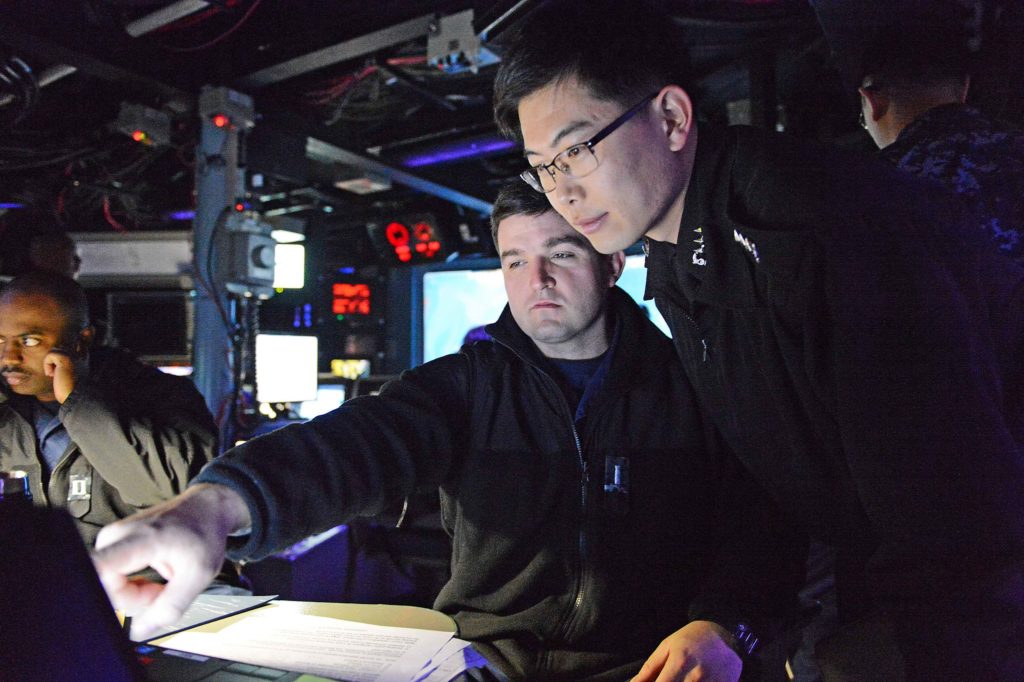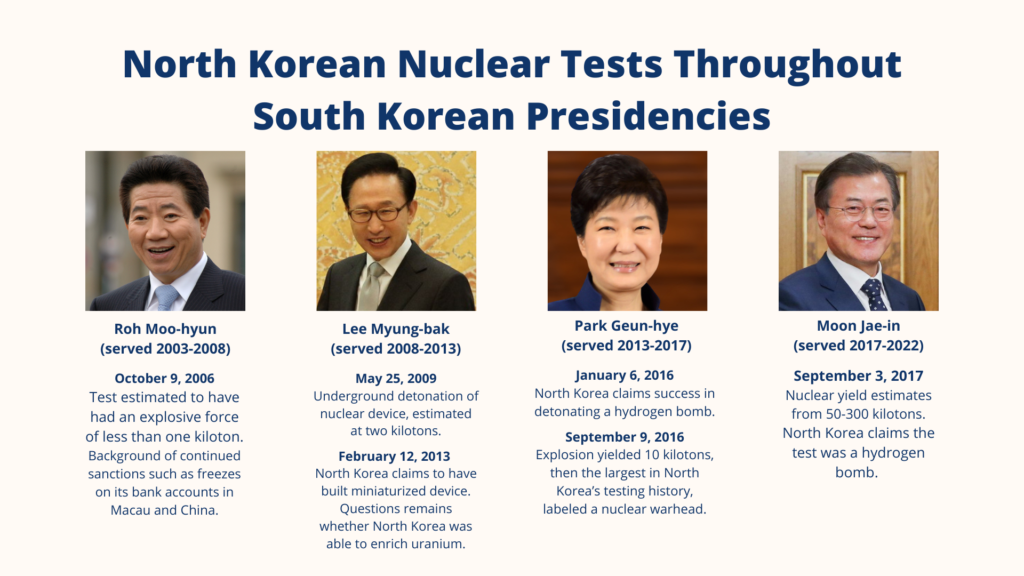The Peninsula
Moving Trilateral Cooperation Beyond North Korea
Published June 25, 2022
Author: Korea View, Kaitlyn King
Category: Current Events, Japan, Korea Abroad, South Korea, U.S. Foreign Policy

South Korea, Japan, and the United States have pledged to deepen security cooperation in response to growing threats from North Korea. On June 11, the nations convened at a Trilateral Ministerial Meeting and issued a joint statement condemning North Korea’s provocative posture and reaffirming their commitment to nuclear non-proliferation. But this trilateral alignment repeats the past trend of these governments coming together in the limited context of reacting to North Korean provocations, foregoing opportunities to deepen the partnership in other areas.
North Korea has performed six nuclear tests since 2006, with the most recent and largest in September 2017. In addition, missile launches and various other threats have exacerbated regional tensions. But following the de-escalation of U.S.-North Korea tensions at the 2018 Singapore Summit, grassroots military-to-military exchanges between Japan and South Korea stopped.

The suspension of engagement was prolonged by an incident in December 2018 when the ROK Navy and the Japanese Maritime Self Defense Force accused each other of behaving threateningly during their respective response to a distress signal from a North Korean fishing vessel. Moreover, disagreements between Seoul and Tokyo, particularly around unresolved historical legacy issues, have prevented sustained cooperation in regional security and other spaces.
Given this backdrop, the recent joint statement does not guarantee the expansion of trilateral cooperation. This impasse comes as the Indo-Pacific region seeks greater cooperation between nations in not only security matters but also other challenges, including pandemic recovery. The scheduled engagement between the three countries on the sidelines of the upcoming NATO meeting might present opportunities to expand the scope of cooperation.
This briefing comes from Korea View, a weekly newsletter published by the Korea Economic Institute. Korea View aims to cover developments that reveal trends on the Korean Peninsula but receive little attention in the United States. If you would like to sign up, please find the online form here.
Korea View was edited by Yong Kwon with the help of Jae Chang, Kaitlyn King, Yu Na Choi, and Mai Anna Pressley. Picture from the flickr account of the U.S. Navy
